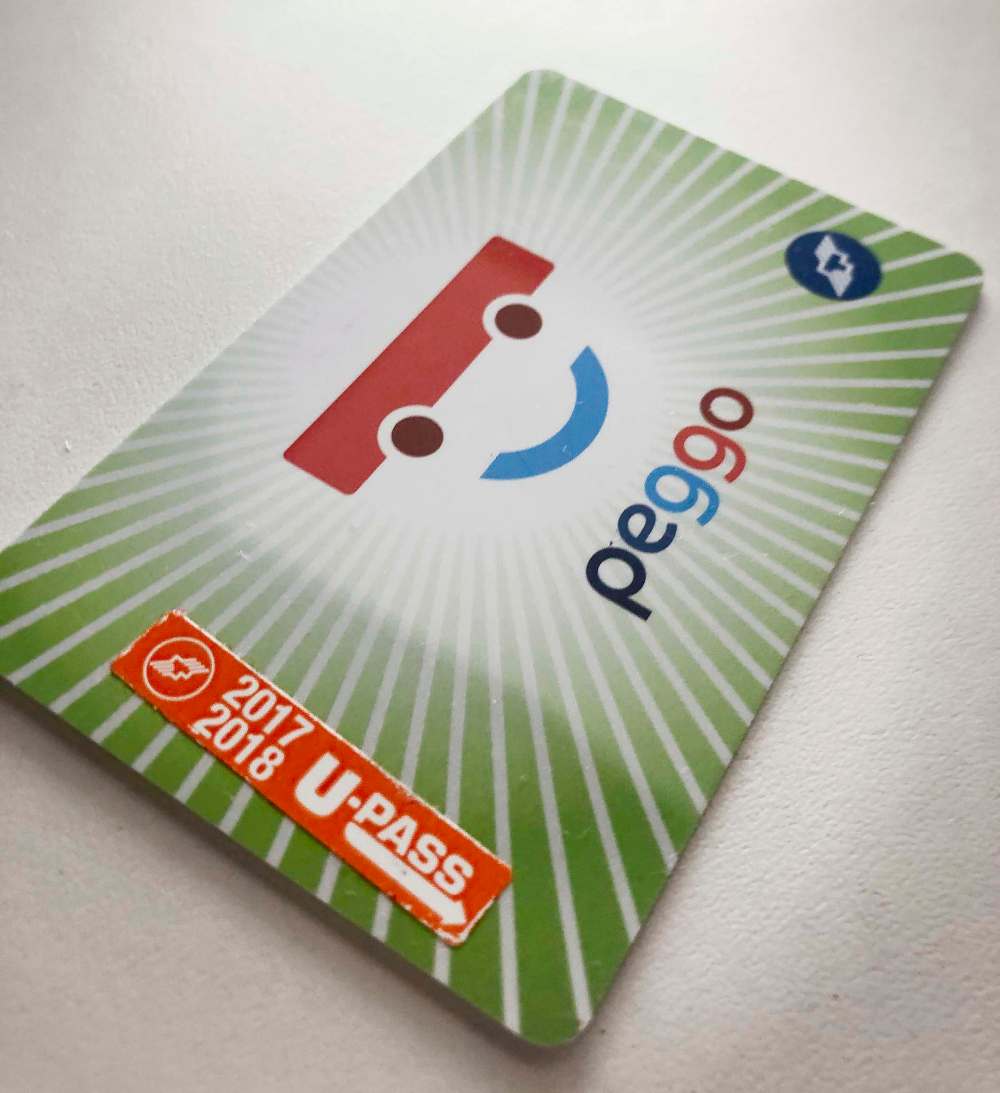Transit to cut U-Pass, reduce service on 14 routes: budget
Advertisement
Read this article for free:
or
Already have an account? Log in here »
To continue reading, please subscribe:
Monthly Digital Subscription
$0 for the first 4 weeks*
- Enjoy unlimited reading on winnipegfreepress.com
- Read the E-Edition, our digital replica newspaper
- Access News Break, our award-winning app
- Play interactive puzzles
*No charge for 4 weeks then price increases to the regular rate of $19.00 plus GST every four weeks. Offer available to new and qualified returning subscribers only. Cancel any time.
Monthly Digital Subscription
$4.75/week*
- Enjoy unlimited reading on winnipegfreepress.com
- Read the E-Edition, our digital replica newspaper
- Access News Break, our award-winning app
- Play interactive puzzles
*Billed as $19 plus GST every four weeks. Cancel any time.
To continue reading, please subscribe:
Add Free Press access to your Brandon Sun subscription for only an additional
$1 for the first 4 weeks*
*Your next subscription payment will increase by $1.00 and you will be charged $16.99 plus GST for four weeks. After four weeks, your payment will increase to $23.99 plus GST every four weeks.
Read unlimited articles for free today:
or
Already have an account? Log in here »
Hey there, time traveller!
This article was published 06/03/2020 (2105 days ago), so information in it may no longer be current.
The potential cancellation of Winnipeg Transit’s U-Pass is “a slap in the face” to thousands of the city’s post-secondary students, advocates say.
The City of Winnipeg’s preliminary 2020-23 budget released Friday calls for Transit to eliminate the reduced-priced student U-Pass once current agreements end in May, halt its Downtown Spirit service, and cut the hours on 14 additional routes.
As city council had previously approved an extension of U-Pass and a fee hike, and University of Manitoba students had voted in February in favour of keeping the program, Friday’s announcement amounted to “a slap in the face,” said Jakob Sanderson, president of the U of M Students’ Union.

“What makes the U-Pass work is that it’s universal. So you’re convincing 25 per cent of students, and we’ve seen this, to switch from driving every day to bussing. That’s taking cars off the road, it’s helping reduce traffic, it’s helping the city reduce emissions… This isn’t just about saving students money; it’s about creating a program where we can have a real impact on climate change,” said Sanderson.
Budget documents note the loss of the U-Pass will be offset by a 20 per cent student discount on an adult Transit fare. Some post-secondary pupils could also be eligible for a low-income bus pass, which the budget confirms will begin to be phased-in May 1.
While he supports the low-income pass, Sanderson said those options won’t come close to the incentive U-Pass — which was mandatory for full-time students and purchased along with registration fees at the beginning of each term — offered to lure U of M and University of Winnipeg students out of their cars and onto buses.
The proposed budget also calls for reduced service hours on 14 Transit routes, including the removal of all Saturday service on Nos. 68, 82, 85, 89, 93 and 95, as well as the loss of all Sunday service on Nos. 83, 85, 93 and 95.
The financial blueprint does offer some new investments, including a plan to start offering free transit for children under age 12 in 2021.
The budget also includes $13 million over the next four years to add a new “spine-and-feeder” model to improve frequency in south Winnipeg. The investment would add 28 new, 18-metre buses and seven new stations along the Southwest Rapid Transitway.
City council is scheduled to vote on the budget March 25.
A transit advocate who has lobbied the city to increase Transit frequency called the route cuts “devastating.”
“I think we’re moving backwards,” Derek Koop, president of Functional Transit Winnipeg, said Friday.
Koop said removing entire days of service from certain routes is especially concerning. He said it could force some Winnipeggers to buy cars and ditch Transit, since buses might no longer serve all of their transportation needs.
“You’re going to see a reduction in ridership when you see a reduction in service,” he said.
Coun. Matt Allard (St. Boniface), public works committee chairman, said this year’s strict financial targets made Transit’s budget a challenge, with the department initially asked to limit new annual spending increases to two per cent.
Transit is now expected to experience hikes that average around 2.5 per cent annually, but even the revised limit required some tough choices, said Allard.
“I think it’s generally going in the right direction… There is a list of services that is being eliminated, but it’s much, much smaller than what was originally proposed and it really is pruning the system. These are the lowest performing routes, so this is the least impactful proposal for the public,” he said.
Joyanne.pursaga@freepress.mb.ca
Twitter: @joyanne_pursaga

Born and raised in Winnipeg, Joyanne loves to tell the stories of this city, especially when politics is involved. Joyanne became the city hall reporter for the Winnipeg Free Press in early 2020.
Our newsroom depends on a growing audience of readers to power our journalism. If you are not a paid reader, please consider becoming a subscriber.
Our newsroom depends on its audience of readers to power our journalism. Thank you for your support.


